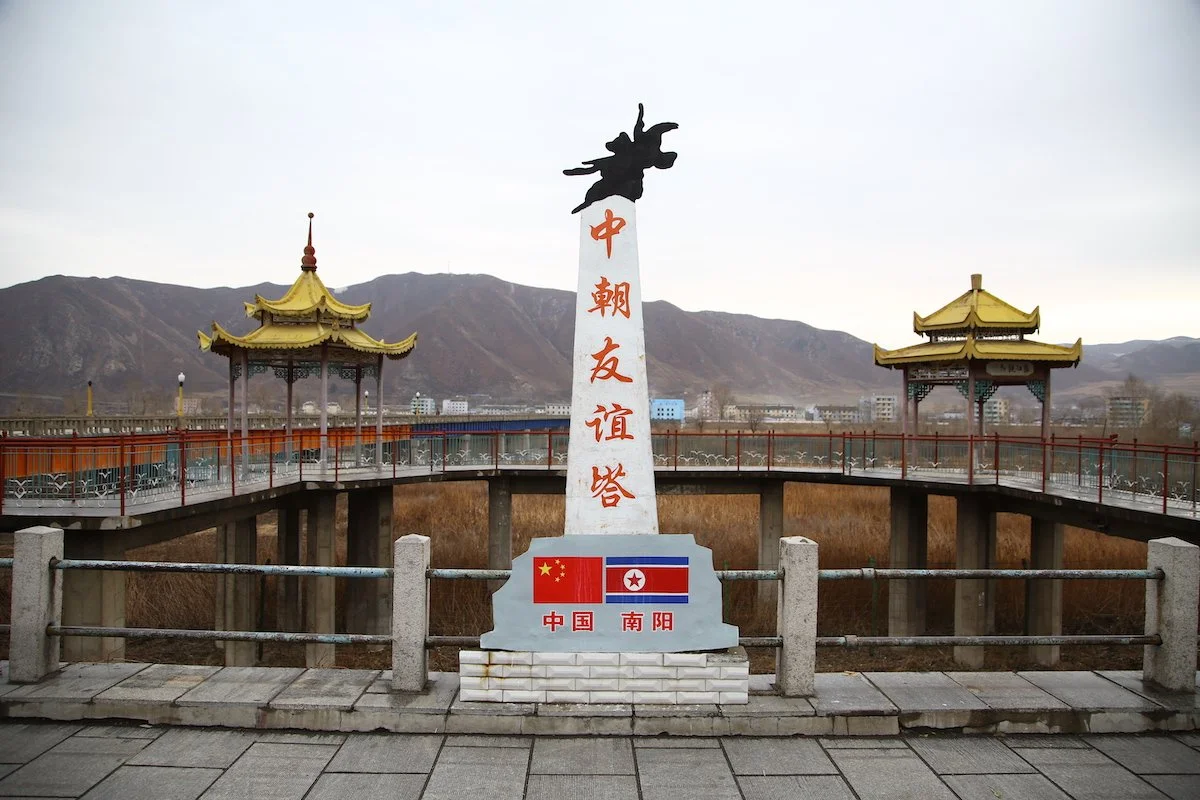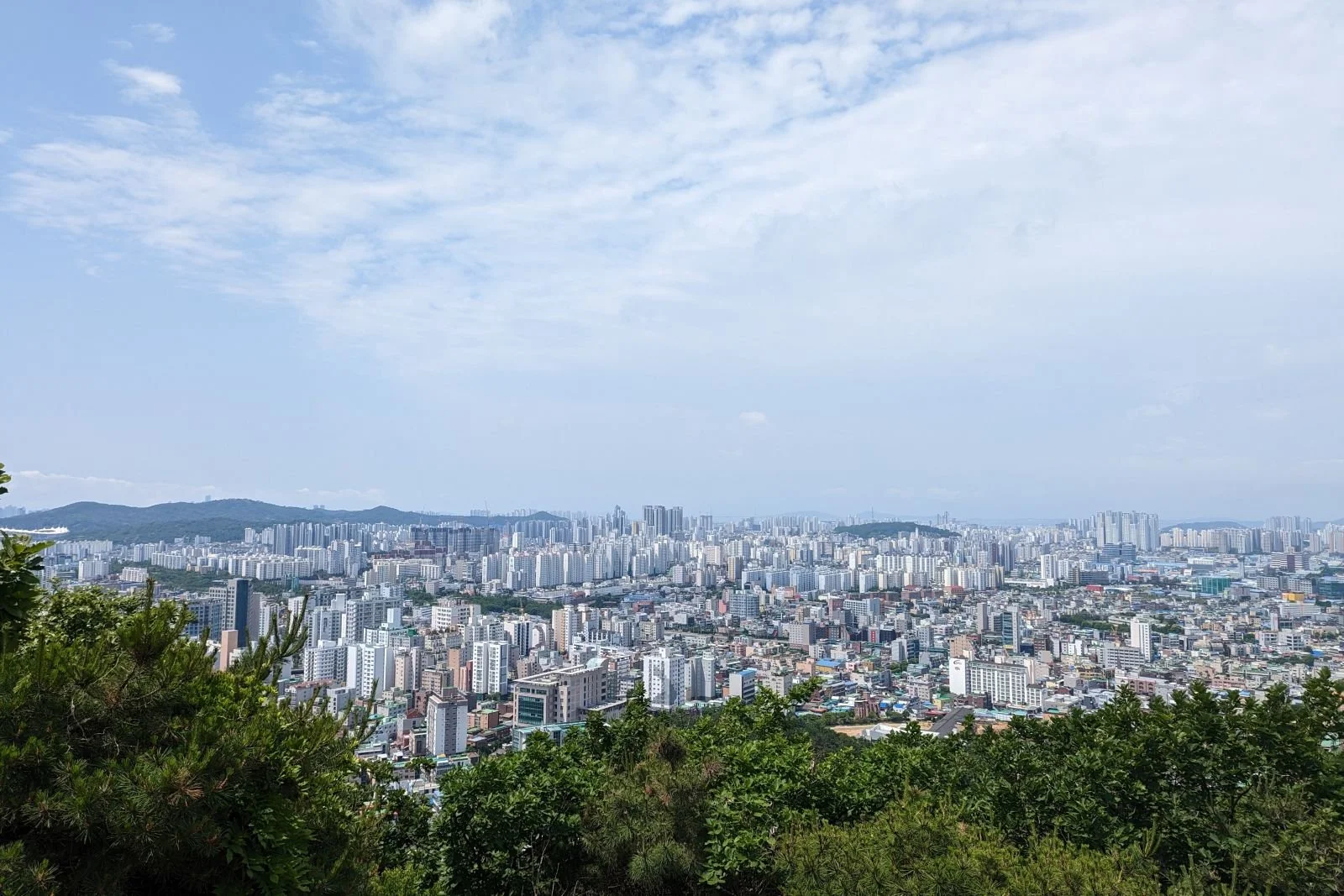WHO ARE ETHNIC CHINESE-NORTH KOREANS?
Since the major Chinese settlement on the Korean peninsula back in the early 19th century, an estimated 3,000-5,000 ethnic Chinese now live in North Korea. As the only foreigners with permanent residents’ rights among the 26 million North Koreans, ethnic Chinese-North Koreans maintain Chinese nationality and have the privilege to cross the border into China once or twice a year for business. Despite receiving special rights such as exemption from the 10-year mandatory military services for North Korean men, they are often subject to greater state surveillance which would prevent them from joining the ruling Workers’ Party and limit their political prospects.
STATELESS DEFECTORS ARE OUT OF LUCK
Although ethnic Chinese-North Koreans can legally enter into China, it would be difficult for them to settle down because many do not speak Chinese and have lost touch with their Chinese relatives. Further, it could take years to obtain a local residence card in China, which greatly hinders their ability to travel to and from China, as well as access to employment, education, property purchase, healthcare, etc.
As for settling in South Korea, while ethnically Korean defectors receive citizenship and are entitled by law to a resettlement package offered by the South Korean government, ethnically Chinese North Korean defectors are denied access to such benefits if they maintained Chinese nationality in North Korea. As a result, they are identified as “stateless” in South Korea, which makes it extremely difficult for them to find jobs or access basic rights and services. To date, there are approximately 30 stateless Chinese-North Korean defectors in South Korea. While the number is relatively small, this important human rights issue is falling through a loophole that is not currently being addressed by the South.
“They are probably the most pitiful overseas Chinese in the world, as they’ve been abandoned by North Korea, China and South Korea…[they] don’t get help from any country,” said Yi Junghee, a professor at the Academy of Chinese Studies at Incheon National University.
CHO GUK-GEONG'S STORY
Cho Guk-geong is a third-generation Chinese immigrant who has been living in South Korea as a “stateless person” for the past 15 years since he fled North Korea. Cho hired brokers to guide him to South Korea via Southeast Asian countries in the late 1990’s, a period when an estimated 34,000 North Koreans moved to South Korea to avoid economic hardship and political persecution. Upon arriving in South Korea in 2008, Cho went through the standardized screening process by intelligence officials, where he posed as one of his best North Korean friends who had died in a traffic accident because he had wanted to start afresh. He later confessed that he was not aware of the seriousness of his deceit, as he simply wished to hide his Chinese background which he believed to be a disadvantage in both North and South Korea.
Cho’s lie was discovered in 2012 and the authorities stripped him of his citizenship and other benefits before sentencing him to one year in prison for breaking immigration laws and other offenses. Similarly, another Chinese-North Korean refugee, Yoon, was held in a government facility for about 20 months for attempting to pose as a North Korean national and had only narrowly avoided conviction because his lying was soon detected before his release into society.
Knowing that South Korea’s acceptance rate for refugee status applications has been less than 2% in recent years thus their prospects for approval are slim, Cho and three other Chinese-North Korean defectors jointly applied for refugee status in South Korea in 2019. The immigration officials arranged for their first interviews in June 2021 and after five months of deliberation, rejected their refugee claims early this month in November 2021 by reason that all applicants are Chinese nationals who do not appear “to have experienced threats that amounted to persecution in China and North Korea”. Kim Yong-hwa, a North Korean defector-turned-activist who helped the four with their applications, stated that at least one ethnic Chinese was executed in North Korea after failing to resettle in South Korea and returning home.
STATELESS AND NOWHERE TO GO
Cho revealed in a statement that “I have no hopes at all now as my refugee application was turned down…I have nowhere to return. I want to live with a minimum level of human dignity”.
In general, Chinese-North Koreans consider themselves North Koreans. Cho, whose grandfather moved from China to North Korea's northeastern city of Chongjin in the 1920’s, said that “[my] ancestral roots have dried up, and, quite honestly, I feel like North Korea is my home”. Growing up in North Korea, he was taught to worship the Kim family with his friends at school. He later worked in a state-run factory and lived as a naturalized North Korean citizen for two years.
A Seoul-based defector, Noh Hyun-jeong, who has Chinese-North Korean friends in South Korea commented that “[we] lived and suffered together in North Korea…so it doesn’t make sense to decide that they aren’t North Korean defectors.” However, Noh is an exception to the rest of the North Korean community, who would often fail to get along with stateless Chinese-North Koreans living in South Korea. “I don’t think we would become estranged, but I’m scared about people who aren’t close to me learning about my background and status. I just don’t know how they would react…I don’t need a state subsidy or other assistance. I just want South Korean citizenship so I can work diligently until I die,” said Cho, who has only recently began working as a temporary manual laborer, his first job in eight years.
However, the decision to embrace Chinese-North Koreans remains a delicate subject for South Korea. According to Kim Yong-hwa, a move to encourage Chinese-North Koreans to defect would sabotage the South’s efforts to seek reconciliation with the North.



